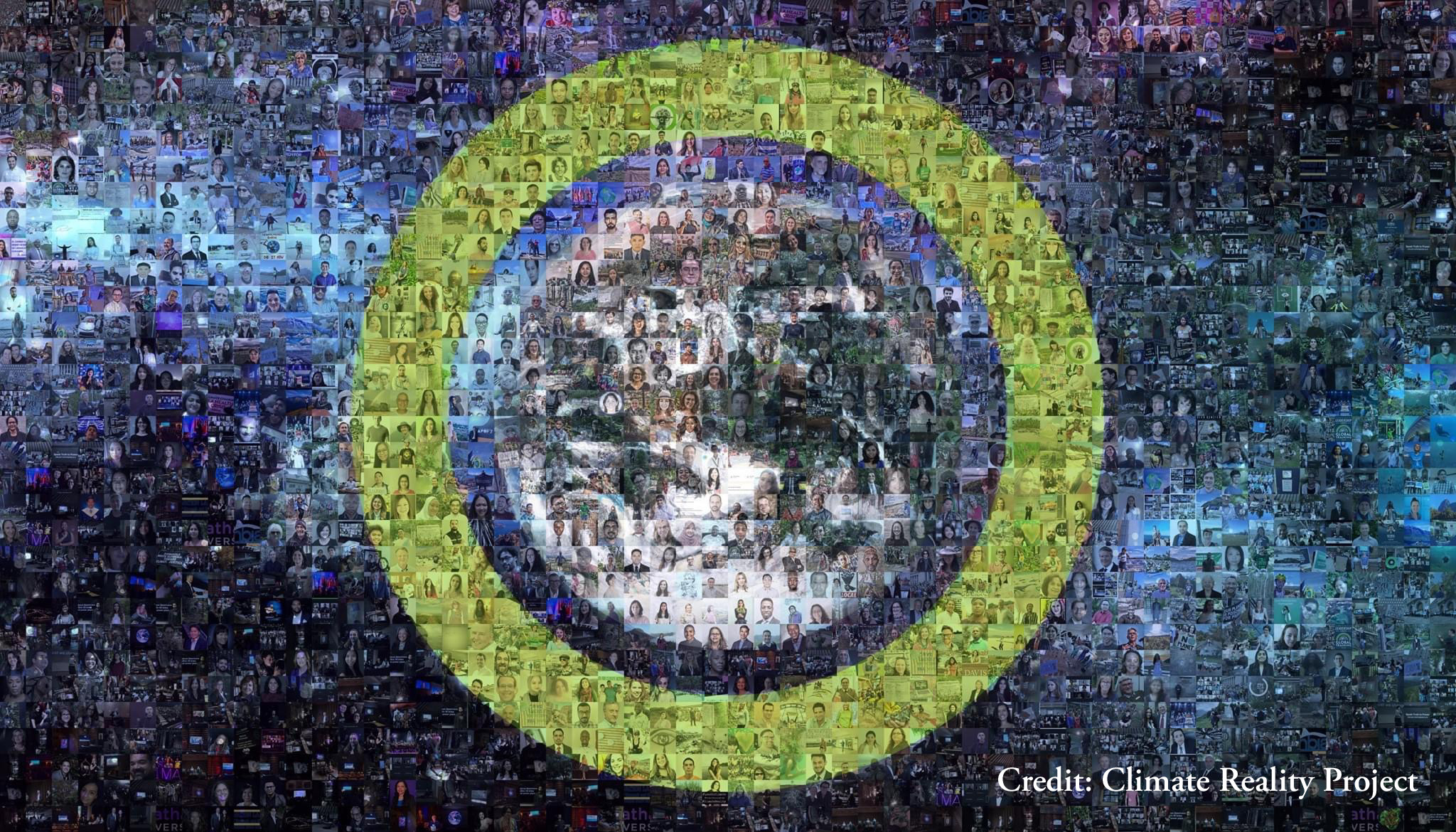There is a substantial body of scientific data indicating that climate change is occurring largely due to human activities, at an ever-increasing rate, and the consequences for many species, habitats, and ecosystems are severe. With so much on the line, individuals and businesses still aren’t doing enough to reverse this trend. So why is it that humans can’t adopt environmentally sustainable lifestyles to solve the issue?
According to climate expert Ted Halstead, the barriers to climate change are psychological, geopolitical, and partisan. The psychological barrier boils down to the notion that most people have a hard time confronting climate change because there are no short-term benefits to fixing the issue. When scientists warned the public to wash their hands and cover their mouths because you might contract the coronavirus and get very sick or die, most people responded immediately. When scientists warned the public to reduce emissions because in a few decades the earth’s temperature will rise 2 degrees Celsius, there was hardly any response at all. If warming does reach 2 degrees Celsius, more than 70% of Earth’s coastlines will experience sea-level rise greater than 0.66 feet, resulting in increased coastal flooding, beach erosion, salinization of water supplies and other serious impacts to humans and ecological systems (Climate.Nasa.gov). Yet, the general public still doesn’t feel any immediate threat from climate change, and therefore isn’t motivated to take action.
The geopolitical and partisan barriers have to do with the fact that nations get a “free ride” off the positive efforts of other countries and thus aren’t compelled to enact climate change policies of their own. Former President Barack Obama’s Climate Action Plan addressed cutting carbon pollution across America, preparing the nation for climate change impacts, and leading international efforts to address global climate change (ObamaWhiteHouse.Archives.gov). On September 23, 2014, Obama said, “We are the first generation to feel the effect of climate change and the last generation who can do something about it.”
Unfortunately, our bipartisan politics make us fundamentally divided on the issue. On May 25, 2013, Donald Trump posted on Twitter, “It’s freezing outside, where the hell is ‘global warming’?” On June 1, 2017 President Donald Trump issued a statement to withdraw the U.S. from the Paris Climate Accord (WhiteHouse.gov). The Paris Climate Accord, which was signed by nearly 200 countries in 2015, is a historic agreement bringing all nations together to undertake ambitious efforts to combat climate change and adapt to its effects (United Nations). The U.S. abandoning the agreement is a setback that symbolizes our ongoing struggle to overcome climate change barriers.
It is a disappointing tenet of human nature that we are unable to put aside our differences to tackle one of the most pressing issues of our time, simply because it has no immediate benefit for us as individuals. But we are witnessing a shift. Even leaders in the oil and gas industry are beginning to acknowledge the threats posed by climate change. Exxon spokesman Scott Silvestri said “the risk of climate change is clear and the risk warrants action. Increasing carbon emissions in the atmosphere are having a warming effect.” (Scientific American)
Timing is everything. 2019 was the third consecutive year that global greenhouse gas emissions reached a record high. The sooner we can address the barriers that are preventing cohesive, fact-based action to prevent climate change, the better our chances of surviving this pivotal time.






